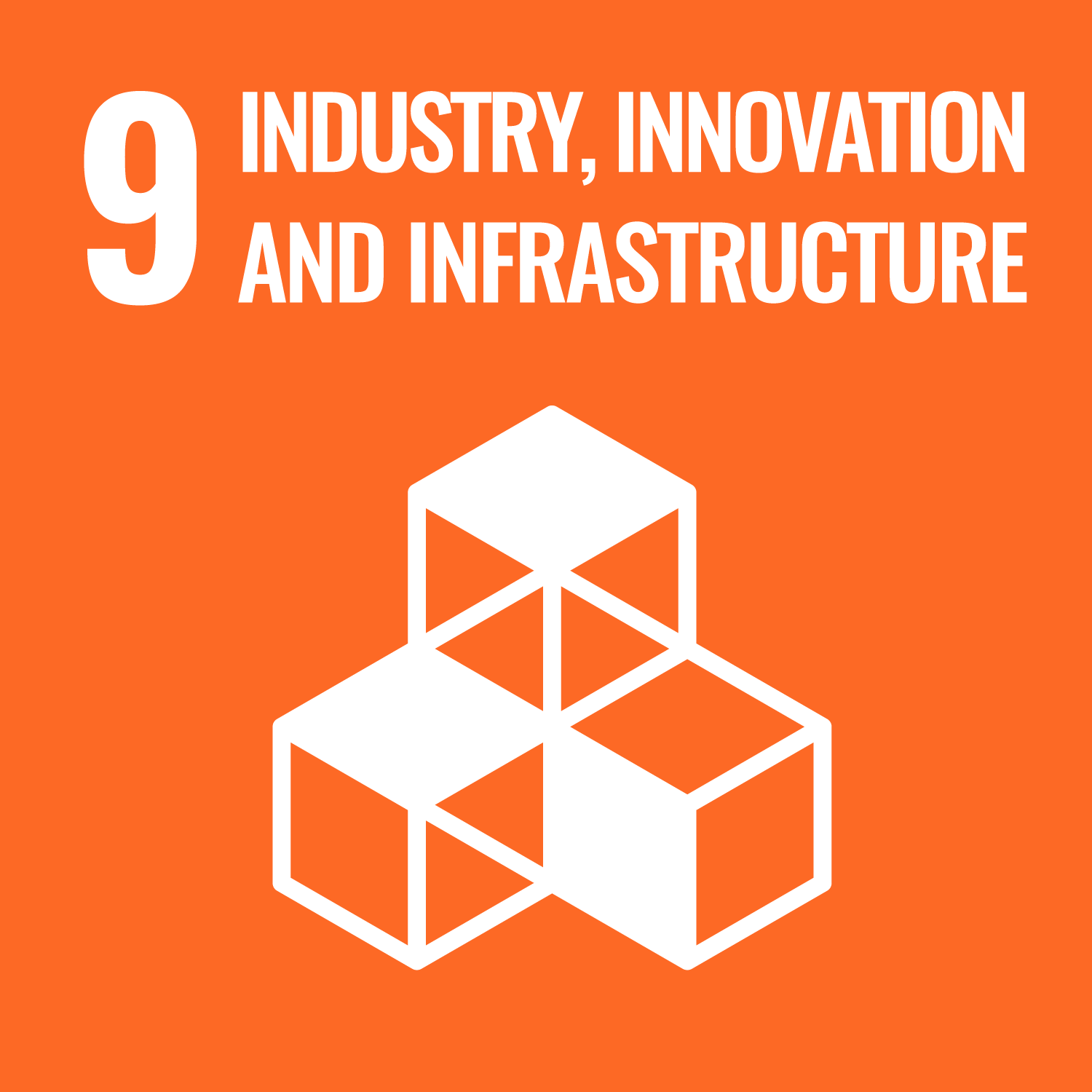During the pandemic, Virtual Reality (VR) and Augmented Reality (AR) travel experiences gained popularity. VR provides almost-real experiences whilst AR enhances real-world experiences by superimposing computer-generated information. These technologies enabled armchair travel and offered environmental and accessibility benefits, as well as the ability to visit rare and delicate historical sites for interest or educational purposes. However, they may not entirely replace traditional travel experiences.

Goal 9: Industry, Innovation and Infrastructure
Build resilient infrastructure, promote inclusive and sustainable industrialisation and foster innovation

Goal 11: Sustainable Cities and Communities
Make cities and human settlements inclusive, safe, resilient and sustainable



